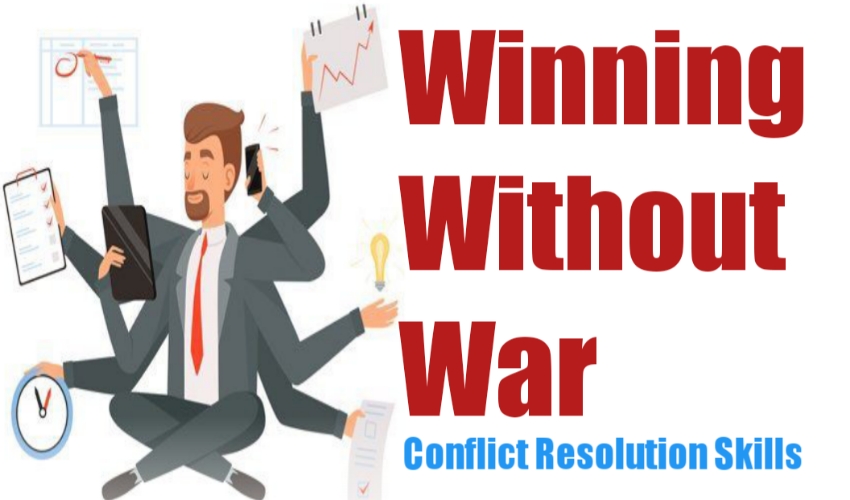Mastering Conflict Resolution Skills: A Guide to Harmonious Relationships
Active Listening Skills
Active listening is a critical skill in conflict resolution.
It involves giving full attention to the speaker, understanding their message, and responding appropriately.
Active listening requires empathy, patience, and an open mind.To practice active listening, focus on the speaker's words, tone, and body language.
Read In Details
Why Is Empathy important
Empathy is the ability to understand and share the feelings of another person.
It is an essential component of conflict resolution because it helps individuals to see the situation from the other person's perspective.
Empathy can help to de-escalate conflicts and build trust
Assertiveness Skills
To practice assertiveness, use "I" statements to express your feelings and needs.
Problem-Solving
Problem-solving skills are essential in conflict resolution because they enable individuals to find creative solutions to complex issues.
Effective problem-solving involves identifying the root cause of the conflict, brainstorming possible solutions, And evaluating the pros and cons of each option.
To practice problem-solving, focus on the issue at hand, and avoid personal attacks or emotional reactions.
Collaborate with the other person to identify possible solutions, And be willing to compromise to reach a mutually beneficial outcome.
Patience
Patience is an essential quality in conflict resolution because it allows individuals to stay calm and focused during stressful situations.
Conflict resolution can be a time-consuming process, and patience is necessary to avoid rushing to conclusions or making hasty decisions.
Avoid reacting impulsively or becoming defensive, and be willing to take the time necessary to resolve the conflict constructively.
Read More
How To Mastering Communication Skill
By practicing active listening, empathy, assertiveness, problem-solving, And patience, individuals can resolve conflicts constructively and build stronger connections with others.

